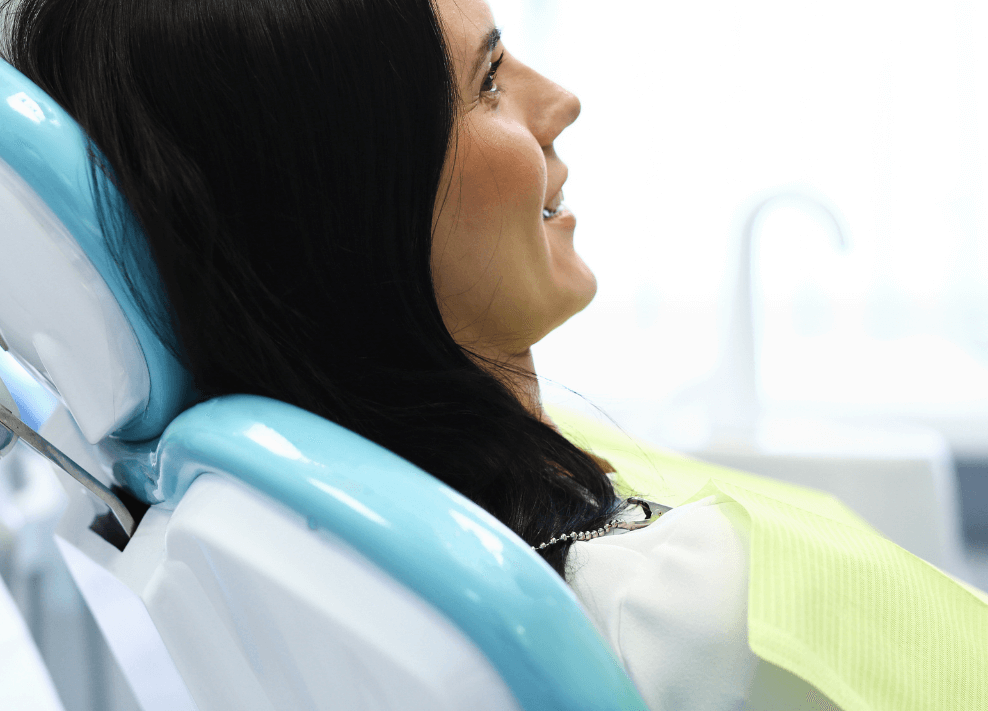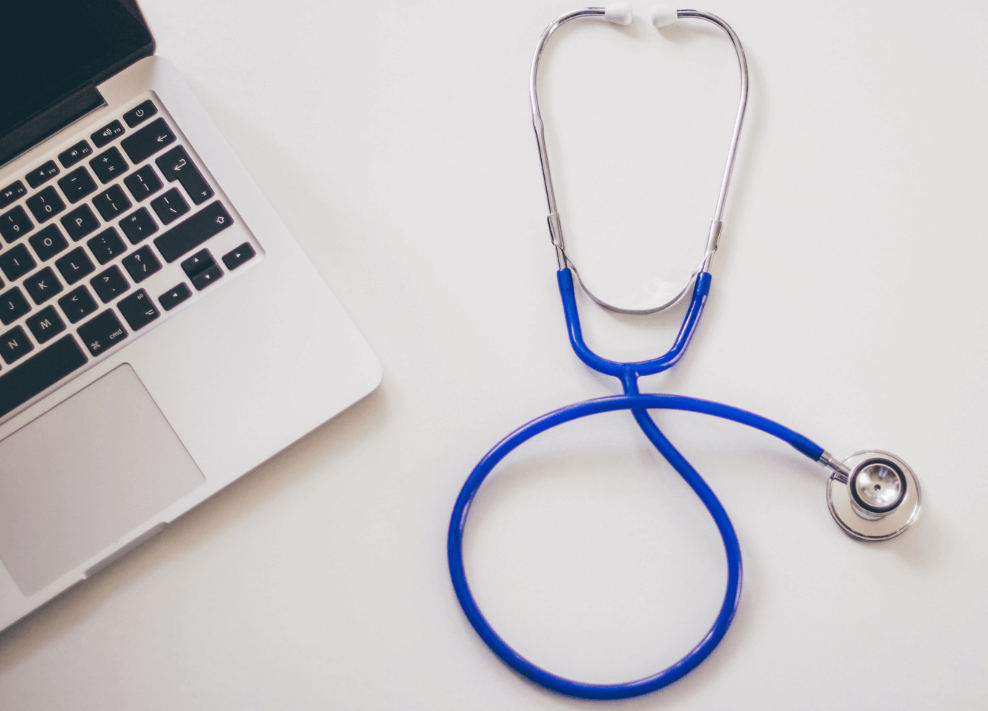The dental examination is critical to your ongoing oral health—and only your dentist can perform this.
Complete Exam
At the time of your first visit, and every 5 years thereafter, the dentist will carry out a complete examination of your mouth, head, and neck.
In addition to his or her visual inspection, this complete exam includes all things checked in a recall exam plus the following:
- a complete medical history so the dentist knows about any health conditions that may affect the success of dental treatments or procedures or that may be associated with oral health problems.
- dental x-rays, if necessary. These can show such problems as cavities under existing fillings, fractures, impacted wisdom teeth, decay under your gum line and bone loss caused by gum disease.
- detailed charting of your mouth, recording presence or absence of teeth, restorations, etc.
- examination of temporomandibular (jaw) joint
- examination of head and neck, checking the general condition of bones as well as tissues and lymph nodes.
- assessment of the condition of previous dental work.
- oral cancer screening.
- discussion of concerns and treatment planning.
- recommendations for referral to specialists and personalized care.
During the examination, your dentist will explain what is happening and give you a summary of the findings. If you have any questions, be sure to ask – as a patient, you are a full partner in your oral health care.

Recall exam
Sometimes called a recare exam, this refers to the short examination performed by the dentist at the time of your professional cleaning.
The recall exam consists, in part, of the dentist looking inside your mouth. In the past, you may not have ever realized an exam was taking place. Perhaps you thought the dentist was checking the work the hygienist had just completed. Not so. The dentist actually looks in your mouth for things that can affect your oral—and your overall—health. Many of these are things you can’t see on your own, but that a dentist is trained to detect.
Here is some of what your dentist is looking for during a dental exam:
- damaged, missing or decayed teeth
- early signs of cavities
- condition of your gums, such as periodontal pockets, inflammation or other signs of gum disease (which can lead to tooth and bone loss)
- to see how previous dental work such as root canals, fillings, and crowns are holding up
- early signs of mouth or throat cancer, such as white lesions or blocked salivary glands
- other suspicious growths or cysts
- position of your teeth (e.g., spacing, bite)5
- signs that you clench or grind your teeth (a treatable problem that can cause headache or sore jaw and can, if serious, lead to hearing loss and tooth loss)
- signs of bleeding or inflammation on your tongue and on the roof or floor of your mouth
- the overall health and function of your temporomandibular joint (which joins the jaw to skull), checking for signs of disorders that can cause pain or tenderness
- the general condition of the bones in your face, jaw and around your mouth
- an examination of your neck area, with the dentist feeling the glands and lymph nodes for possible signs of inflammation that could indicate general health problems.
The dental exam can catch problems early—before you see or feel them—when they are much easier and less expensive to treat.

Specific Exam
As the name implies, a specific exam is the complete and thorough examination of a specific tooth or area of a person’s mouth. A good example would be a chipped or cracked tooth or ongoing soreness or discomfort in a particular region of the mouth. The doctor normally will have to take 1 or 2 x-rays in order to see what is going on under the gums. With this information, the dentist is better able to diagnose the issue and deliver treatment recommendations.
Requiring less time than a complete exam, in some cases, the dentist might be able to perform the treatment within the same appointment as the specific exam. In others, he or she will discuss a plan for treatment.

Emergency Exam
This is an exam performed by your dentist on short notice, when you are experiencing strong or sudden pain, chipped or fractured teeth or restorations among other things. X-rays are often needed to enable the dentist to diagnose the problem. An emergency exam can range from 10 to 20 minutes and will be followed either by treatment or prescription of medication.
Life-threatening emergencies such as bleeding that won’t stop, unbearable pain, and trauma situations need to be taken to a hospital.

Be sure to share your health information
The more your dentist knows about your overall health, the more effective they can be in addressing your oral health care needs. Remember to include:
- any new medical conditions you’ve been diagnosed with since your last visit, even if they don’t seem pertinent. Your dentist needs to know to properly manage your treatment and prevention program.
- any new medications you’re taking (side effects can often include dry mouth and overgrown gums)
- if you are pregnant
- if you have any allergies
- any changes you have noticed in your teeth, such as changes in colour, looseness or position
- any changes you have noticed in your gums, such as bleeding when you brush or floss, or changes in appearance
- any increased sensitivity to heat, cold or sweets
- whether your floss catches on rough edges, causing it to shred
- any colour changes in the skin on the inside of your mouth
- if you smoke or chew tobacco (which increases the likelihood of oral cancer)
- if your neck or jaw muscles are tight or if you are aware of clenching or grinding your teeth
- if you are nervous about going to the dentist—new ways of doing things have made modern dentistry more comfortable for patients and talking to your dentist may reassure you and help you feel more relaxed.

